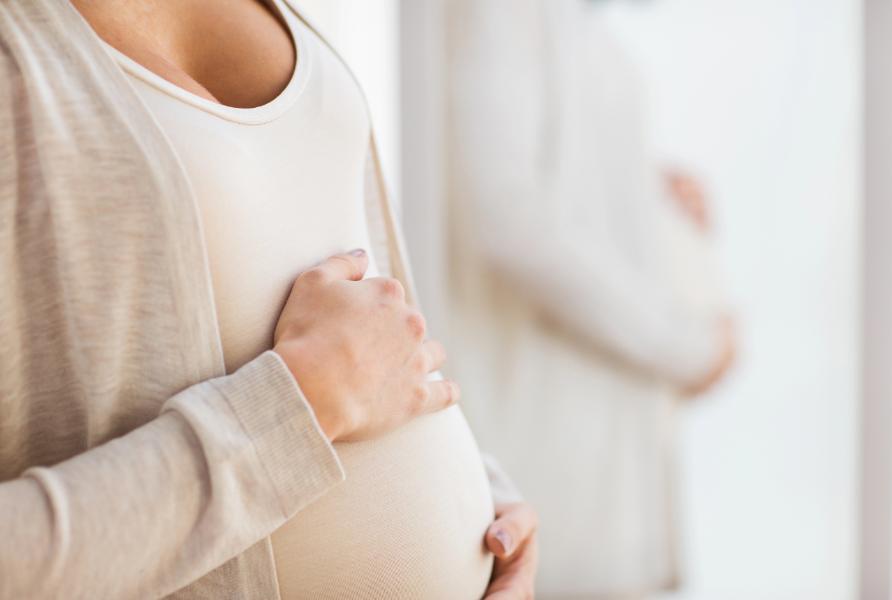Surrogacy Laws & Process in Wisconsin

Understanding the Surrogacy Process in Wisconsin
Surrogacy in Wisconsin provides a clear path for intended parents who want to build a family through assisted reproduction.
The Wisconsin Supreme Court case Rosecky v. Schissel, 2013 WI 66, affirmed that surrogacy contracts are enforceable unless they conflict with the child’s best interests. This ruling created a foundation that allows families to enter into agreements with confidence while also giving courts the ability to protect the child if needed.
Gestational surrogacy and traditional surrogacy are both permitted in Wisconsin. The difference lies in the genetic connection. A gestational carrier has no genetic link to the child because embryos are created through in vitro fertilization.
A traditional surrogate contributes her own egg. Both paths are legally valid. However, traditional arrangements require additional consideration since the surrogate holds parental rights until a court order changes them. Families entering into either type of agreement must work with experienced professionals to avoid unnecessary risks and delays.
Pre-Birth Parentage Orders in Wisconsin: Legal Recognition Before Birth
Wisconsin courts allow pre-birth parentage orders in most cases. These orders matter because they recognize intended parents as the child’s legal parents before delivery. Hospitals and state agencies then use the court’s decision to issue documents such as the birth certificate.
The legal framework for this practice rests on case law rather than a specific statute. Since Rosecky v. Schissel confirmed that agreements are enforceable, judges across the state now use that precedent when considering petitions. Orders are often treated as interim until birth. A final order follows so that Wisconsin Vital Records can issue a birth certificate with the correct parent names.
Eligibility depends on family structure and genetic relationship:
- Married heterosexual couples using their own egg and sperm: Yes
- Married heterosexual couples using a donor: Most likely, it varies by judge
- Unmarried heterosexual couples: Likely, varies by county and judge
- Same-sex couples using a donor: Likely, varies by judge
- Single parents: Possible, though often more complex for international parents
When no intended parent has a genetic link, outcomes vary by county and judge. In every case, a hearing is generally required. Some courts allow remote participation for carriers, but most expect all parties to appear.
The outcome of a successful petition is legal recognition for the intended parents. Once the child is born, Wisconsin Vital Records issues a birth certificate that represents the court order. Same-sex couples are listed as Parent 1 and Parent 2, which presents equality in recognition.
Medical, Psychological, and Legal Requirements in Wisconsin Surrogacy
Surrogacy in Wisconsin involves more than court filings. The process includes thorough medical evaluations for carriers and donors to confirm their physical readiness. Psychological screenings protect the well-being of everyone involved by making sure participants understand the process and expectations.
Attorneys draft and review agreements that cover financial responsibilities, medical decisions, and parental rights. In traditional surrogacy cases, the court may uphold provisions for custody and placement while leaving the surrogate’s parental rights intact until further legal action. In gestational cases, contracts and court orders align to present a smoother transfer of parentage.
Wisconsin also addresses donor rights. State law removes parental rights from sperm donors when donations occur through a licensed physician. However, no equivalent statute exists for egg donation, so families should rely on detailed contracts to secure protection.
Explore the Carrying Dreams Surrogacy Heatmap
Families who are considering surrogacy often want to compare options across different states. The Carrying Dreams Surrogacy Heatmap provides that overview. It highlights surrogacy-friendly regions in the U.S. and outlines the laws that shape each process.
At Carrying Dreams, we provide full-service support for intended parents worldwide who are building their families through U.S.-based carriers and donors.
If you have any inquiries about the Wisconsin surrogacy law & process, feel free to contact ustoday.

